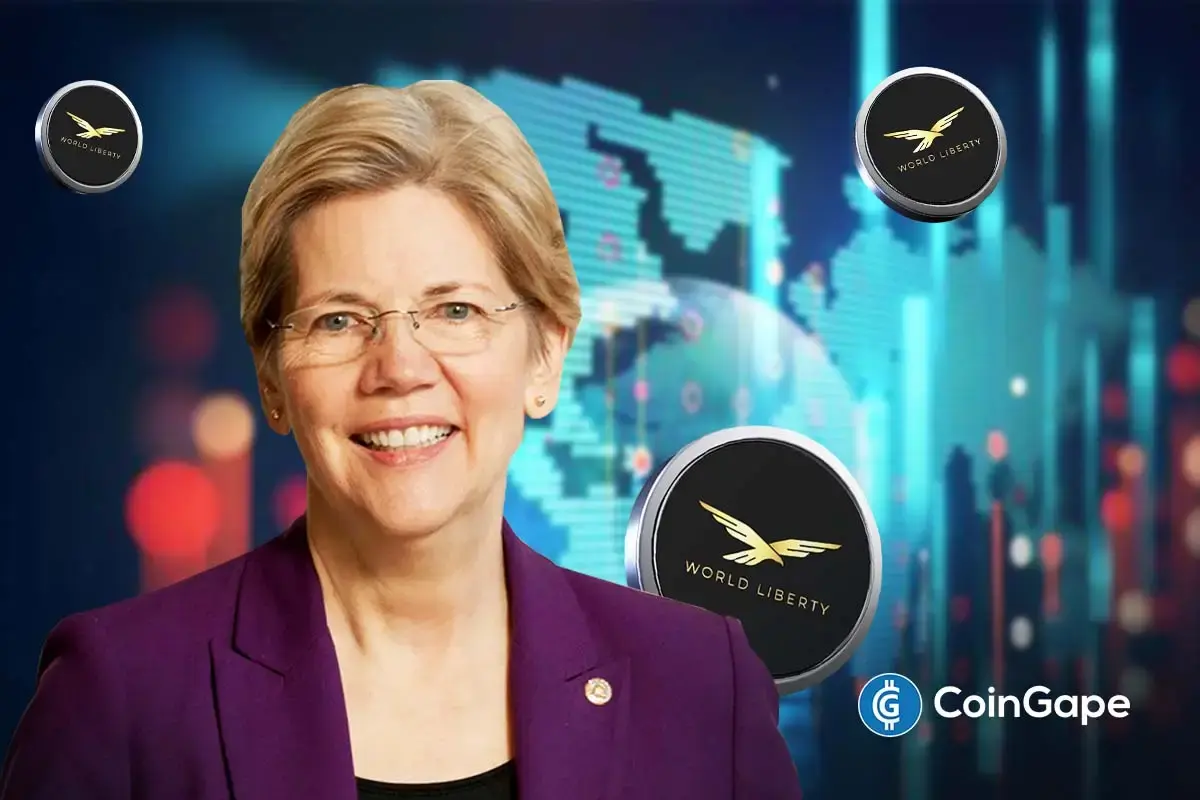Indonesia Signals a “Go ahead” to Cryptos as Futures Trading Commodities
The Indonesian Futures Exchange Supervisory Board has legalized cryptocurrencies as commodities that can be traded on the country’s futures exchange. Reportedly, regulations for crypto exchanges and related taxations would soon follow as well.
Encouraging the crypto market
Bappebti, the Futures Exchange Supervisory Board of Indonesia, in the latest move, has authorized the dealing of cryptocurrencies in the futures trading market. The board’s market supervision and development bureau head, Dharma Yoga has revealed that the decision comes after a four-month-long study of the issue. After being uncertain about the nature of virtual assets, the move comes as a sign of encouragement to the trading of cryptocurrencies.
Launched in 2005, the board is the only institution with regulatory responsibilities and authorities for several financial institutions, therefore, naturally being of significant importance. Interestingly, Bappebti has given the green light even when the Bank of Indonesia (BI) does not recognize cryptocurrency as a payment instrument.
“The Bappebti has signed a decree to make cryptocurrency a commodity that could be traded at the bourse”,
said Dharma Yoga.
Also, read: “Asset with Measurable Value”: South Korea Supreme Court Recognizes Crypto
A call for crypto regulation
Following the decree, the agency is now requesting existing domestic cryptocurrency exchanges or ‘bourses’ like Indodax and Crypto Community to submit regulatory proposals on the product specification and the trading procedure. The product specification will include information about the type of cryptocurrencies and tick size of the trading instrument. This is said to be done to create a more comprehensive and effective regulatory framework than the existing mandates.
The averse nature of the national institutions including BI comes from the opinion that cryptocurrency is not as secure a method of exchange as it is claimed to be while garnering the high paced popularity. Yoga, however, has stated that
“The agency will issue regulations that would help prevent the use of cryptos for criminal activities while at the same time clarifying taxation issues. The new regulation will involve BI, the Financial Services Authority (OKJ) and several other key institutions of the country. It will also provide ways for the prevention of money laundering and financing of crimes like terrorism through crypto.”
The action has arrived at a time when on the one hand, some countries are regularly liberalizing and accepting cryptocurrency and on the other, some are considering a possible ban. The wave of distrust mainly comes from the fact that cryptocurrency comes without any centralized regulating authority. The same thing that acts as an incentive for traders becomes a potential threat for the governing authorities. The positive take of Indonesia or at least of Bappebti, has therefore opened up new opportunities for a market that has been witnessing a volatile but high growth.
However, will the seemingly possible trust in cryptocurrency, to the extent of validating its futures trading, be sufficient enough to act as a baton of change is a question that will only be answered in the coming months.
What do you think of the changed sentiments in Indonesia? Share your thoughts with us!
Play 10,000+ Casino Games at BC Game with Ease
- Instant Deposits And Withdrawals
- Crypto Casino And Sports Betting
- Exclusive Bonuses And Rewards

- Senator Elizabeth Warren Targets Trump-Affiliated World Liberty Financial Over Bank Charter Bid
- JPMorgan Projects Bullish Crypto Market in H2 Following CLARITY Act Approval
- Hong Kong Moves Closer to Crypto Tax Cuts Amid Stablecoin Regulatory Framework
- Popular Analyst Willy Woo Predicts Major Bitcoin Price Crash, Bear Market Bottom Timeline
- Vitalik Buterin Maps Out Quantum Risks as Ethereum Foundation Unveils ‘Strawmap’
- Top 2 Price Predictions Ethereum and Solana Ahead of March 1 Clarity Act Stablecoin Deadline
- Pi Network Price Prediction Ahead of Protocol Upgrades Deadline on March 1
- XRP Price Outlook As Jane Street Lawsuit Sparks Shift in Morning Sell-Off Trend
- Dogecoin, Cardano, and Chainlink Price Prediction As Crypto Market Rebounds
- Will Solana Price Rally to $100 If Bitcoin Reclaims $72K?
- XRP Price Eye $2 Rebound as On-Chain Data Signals Massive Whale Accumulation

 Buy $GGs
Buy $GGs

















